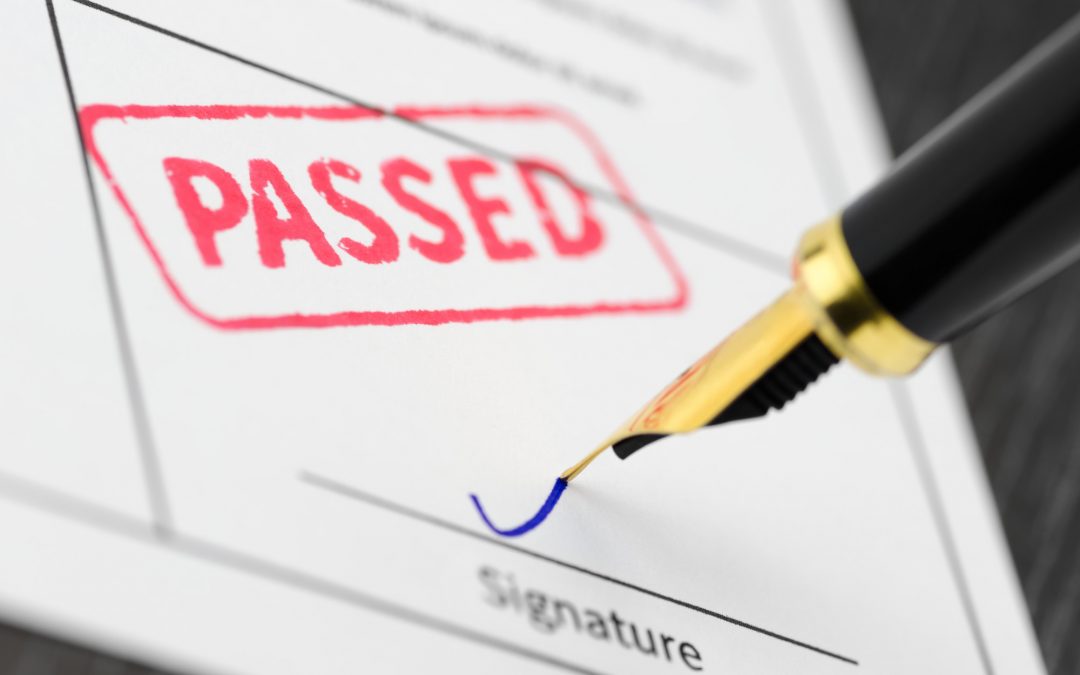Most mortgage companies require the purchasers to carry homeowner’s insurance. This helps protect the property and anything inside in the event of a disaster. To get home owner’s insurance, however, it’s often required an inspection be done on the building.
Most insurance companies use 4 point inspections instead of full home inspections. But what is a 4 point inspection, and how does it differ from a complete home inspection? Continue reading to learn everything you need to know.
Why Would You Need a 4 Point Home Inspection?
A 4 point inspection is often required before getting a homeowner’s insurance policy. They’re routinely required on homes more than 25 years of age because insurance companies worry older homes may be a liability. Sometimes these inspections are also required when starting or changing your policy for newer homes, too.
In some circumstances, a 4 point inspection may be required before buying or selling a home. Generally, however, full home inspections are done during the purchasing process instead.
4 Point Inspection vs. Full Home Inspection
A 4 point inspection focuses on four major components of a home’s overall health, as discussed below. An experienced inspector can do the entire process in 20 to 30 minutes.
This differs from a full home inspection because it’s quicker and more efficient for insurance companies. A full home inspection will look at a house in its entirety, which can take upwards of three hours.
Since a 4 point inspection takes less time, it also costs less. In some cases, it can cost less than a quarter of what a full home inspection would. The cost efficiency is another reason insurance companies use them over complete home inspections in most cases.
What Are the 4 Points?
The “four points” in a 4 point inspection focus on the major components dictating the health of a home. These include the HVAC system, electrical system, plumbing system, and roof. Each point is discussed in more detail below.
Point 1: The HVAC System
A home’s HVAC system revolves around heating, cooling, and ventilation. An inspector will check the health of all the HVAC system’s major components to ensure they’re working. In many cases, a homeowner’s insurance company will not insure a house that’s not equipped with central heat and air conditioning.
Point 2: The Electrical System
The panel and circuits will be inspected. The home inspector will also make a note of the type of wiring. The electrical system is an essential part of a home inspection because faulty wiring is a significant cause of house fires.
Point 3: The Plumbing System
Your plumbing system’s pipes will be inspected to see what kind of condition they’re in. The inspector will also take notes as to what material your home’s pipes are made of.
Polybutylene pipes tend to be more prone to bursting versus other materials, like copper. If your home is found to have these types of pipes, or if the pipes are in poor condition, many companies won’t insure you. Or, they may insure you but place a clause in your contract stating they won’t cover water damage.
Point 4: The Roof
Most insurance companies won’t give you a policy if your roof is more than forty years old. In rare circumstances, such as metal roofs, an exception may be made because of their durability. This is incredibly rare, however.
An inspector will briefly check the integrity of your roof if it meets age requirements. They’ll be looking for any noticeable damage or areas where water is leaking through the ceiling.
Do You Need a Professional to Do a 4 Point Inspection?
A common question by homeowners is whether they can do a 4 point home inspection themselves or if they need a professional to do it. The answer is you always need a licensed home inspector.
There are a few reasons for needing a professional home inspector.
A professional will be unbiased in their inspection of your home. Generally, these are independent contractors who don’t work directly for you or the home insurance company. This makes them a fair, neutral party.
Professional inspectors are also trained, so they know what to look for. They can catch things you might miss because of their training and on-the-job experience.
What Happens If Your Home Fails a 4 Point Home Inspection?
Sometimes a home won’t pass a 4 point inspection. When this happens, many homeowners feel lost as to what happens next.
The best idea is to fix whatever issue caused the home to fail. Not only so you can refile for homeowner’s insurance, but also for the health and safety of your family. The inspector will let you know what caused the home to fail and how to move forward.
If your roof were too old, for example, you would need to have it replaced. Roofs require replacement every thirty to forty years, anyway, so they maintain their structural integrity. If there were damaged pipes, these would need repair.
After you fix the issues that caused your home to fail, you’ll need another 4 point inspection. If all problems were addressed, there should be no problem passing the second time around. Once your home passes, it can be insured through your chosen company.
Do You Have More Questions About the 4 Points of a 4 Point Home Inspection?
A 4 point home inspection focuses on four main components of your home’s overall integrity. This differs from a full home inspection in that it’s quicker and more cost-efficient.
Do you have more questions about 4 point home inspections? Or would you like to set up an inspection of your home?
Contact us today. One of our associates would be happy to answer any questions you still have. They can also set you up an appointment if desired.

